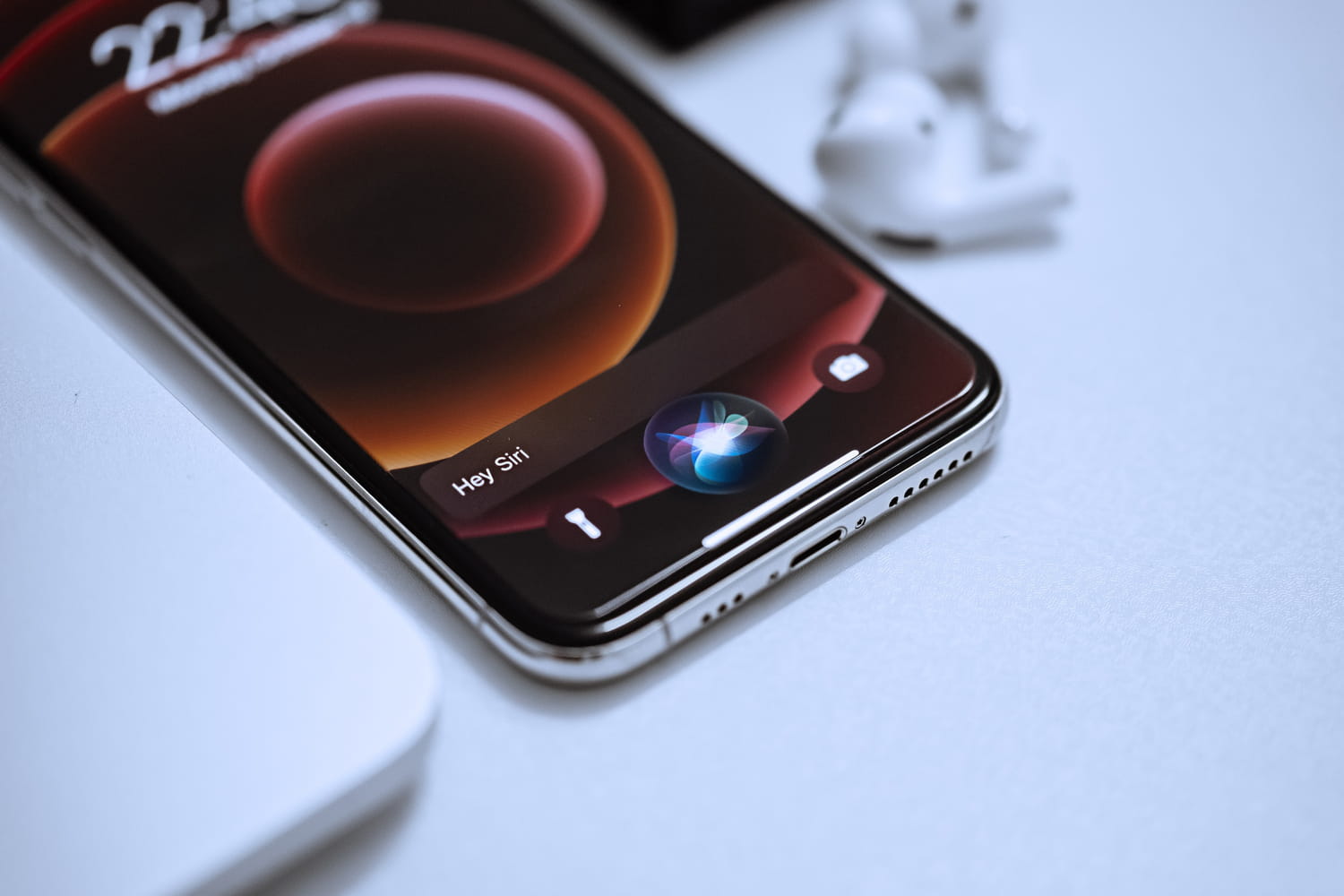Are you constantly being listened to and spied on through your phone? You can rightly ask yourself this question if you see an advertisement near your smartphone about a topic that was mentioned during a conversation. Here is the explanation.
You have probably already experienced such a situation. You’re sitting quietly with a friend, your smartphone within reach, discussing an exhibition he just visited. As you consult your Facebook feed the next day, you come across an ad extolling the virtues of this exhibition. However, you are sure: apart from your friend, no one has ever told you about this event and you have never searched for it on the Internet. How is it possible ? Did Facebook record your conversation through your phone’s microphone to show you targeted ads? Is your smartphone a spy that constantly annoys you?
Is your smartphone constantly listening to you?
Let’s stop the suspense right away: No, your smartphone is not secretly listening to your conversations, unless you are a victim of sophisticated malware. The truth, however, isn’t much more reassuring: the web giants, most notably Google and Meta, know you so well that they don’t need it to send you perfectly targeted advertising, so much so that they give the impression that they do be spied on!
Facebook had already put the icing on the cake in 2016 after a series of disturbing press articles. In a press release, the company said it did not use the microphone to refine its advertising targeting. In 2018, Mark Zuckerberg reiterated this before the US Congress and invoked a “conspiracy theory”. Google is regularly accused and has repeatedly denied listening to its users.
And in this particular case, we can believe them. Firstly, because it is technically impossible. A few years ago, Antonio Garcia Martinez, an author and former Facebook employee, estimated for Wired magazine the amount of data that persistent smartphone tapping would generate if implemented by Meta. With two billion daily users in the world, transmitting a decent quality audio stream would equate to about 260 petabytes of data, or the equivalent of 260,000 1TB hard drives… per day! An unimaginable volume, even for the web giants. Especially since after collecting all this data, an analysis would also be required, which would entail enormous costs.
Such a mass collection would also have been discovered long ago by computer security experts, particularly through network traffic analysis. However, independent researchers who have studied the topic, such as William Budington of the Electronic Frontier Foundation or the company Wandera, have not found the slightest evidence of this practice.
Beware of voice assistants like Siri, Alexa and Google Assistant
However, there is a moment when your smartphone listens to you: when you activate Google Assistant, Siri or Alexa. Voice assistants, which have also contributed significantly to the urban legend of this form of espionage, as they constantly wait for the keyword that you can use to wake them up to take your command.
And their use is not without risk to your privacy: as soon as you speak to a voice assistant, your words are recorded, transmitted over the Internet and sometimes listened to by a human for analysis purposes. Thomas Le Bonniec, a former Apple subcontractor expert, recently recalled this on France Info: The iPhone maker has long had employees listen to snippets of conversations recorded by Siri. Google and Amazon have similar programs that they say are essential to perfecting their systems. This is even more problematic because these assistants are often triggered accidentally and can therefore transmit confidential conversations.
However, if you are uncomfortable with this, you can disable it or block access to your device’s microphone. Apple and Google have also integrated a notification system into their respective operating systems that permanently displays a warning as soon as the microphone or camera is activated.
GAFAM tracks all your activities
Let’s go back to the beginning of our story: How on earth did Facebook recommend the exhibition your friend visited? The answer is simple: Meta has so much personal information about you that it can deliver incredibly targeted advertising to you without listening to your conversations. Even recognize your purchasing wishes! First of all, there is the Pixel Meta, a tracker present on millions of websites that allows the company to know the majority of the websites you visit and link them to your profile. Google has even more powerful tools for this (Google Analytics, DoubleClick, Adsense, etc.).

But Facebook – like Google – also relies on your location, which, if you’re not careful, will be permanently recorded by its services. Very valuable information that allows the company to know the places you visit, your favorite stores and your daily habits. It’s certainly possible to turn off this tracking, but even then, Facebook has techniques to “estimate your general location.”

All this allows us to imagine a simple scenario to solve the mystery of that ad that appeared in your feed: your friend may have liked a publication in which the exhibition was mentioned, or he has been discovered via his smartphone at the location where it took place. When they met again, Meta found out that they were together, again thanks to his location services. Its algorithms then “pushed” the advertisements to your profile and concluded that you likely had common tastes. In short, there is no need to listen to us all the time, quite the opposite. The traces we constantly leave on the web are enough for the web giants to track us perfectly.

